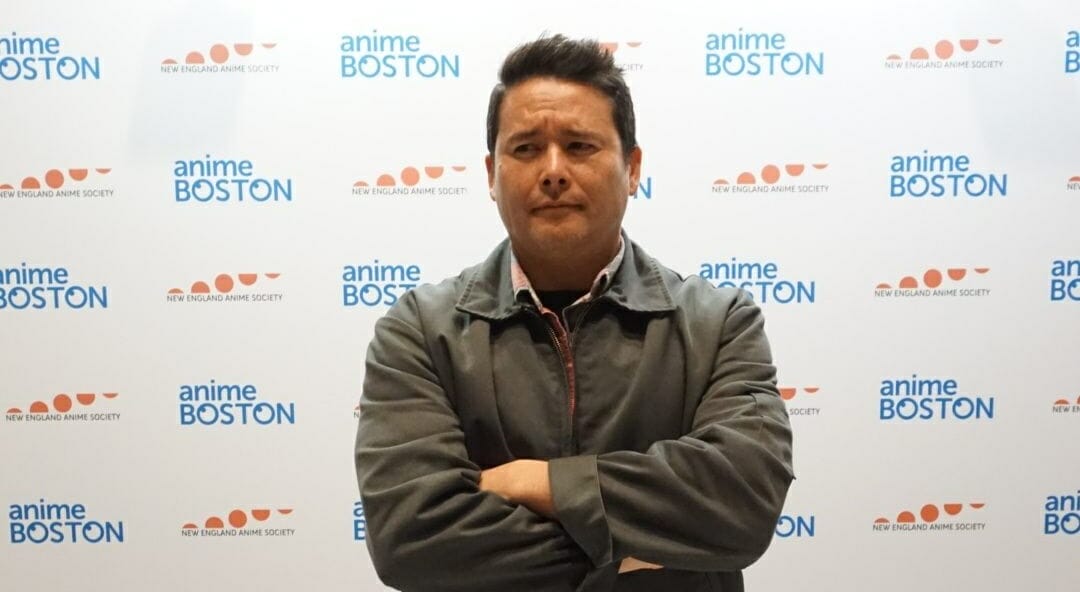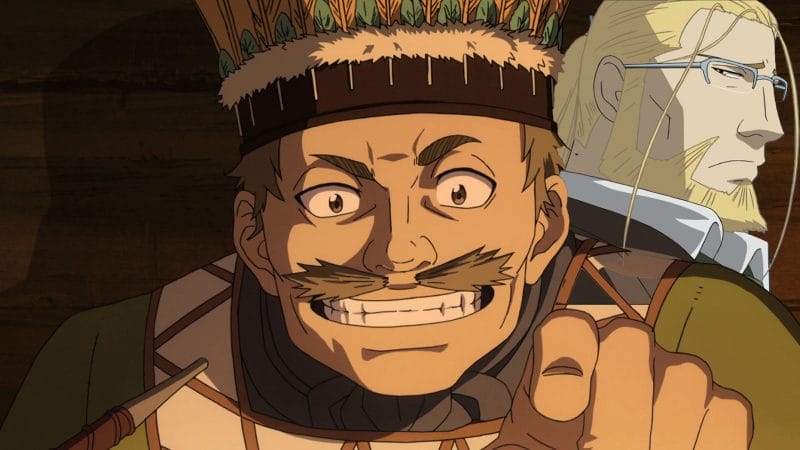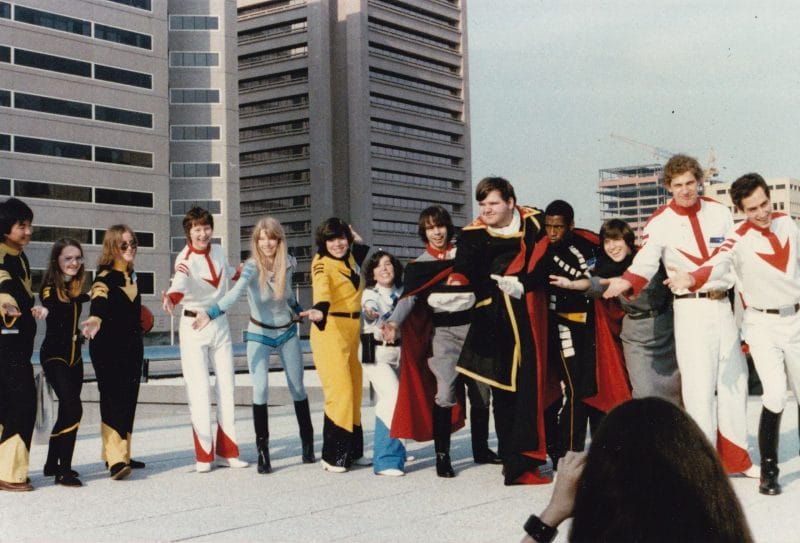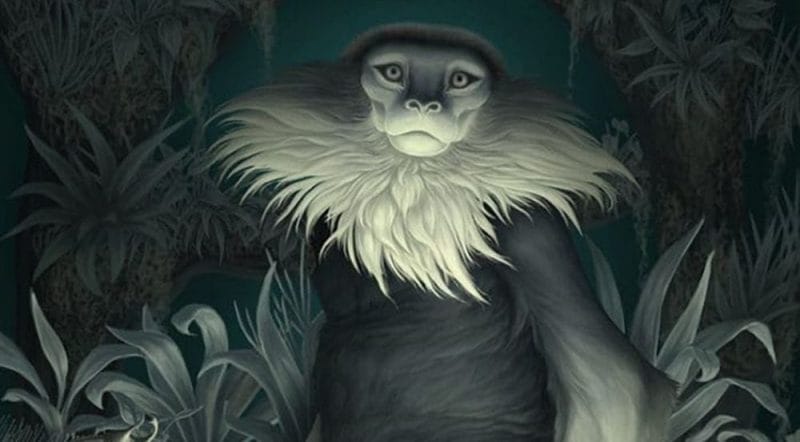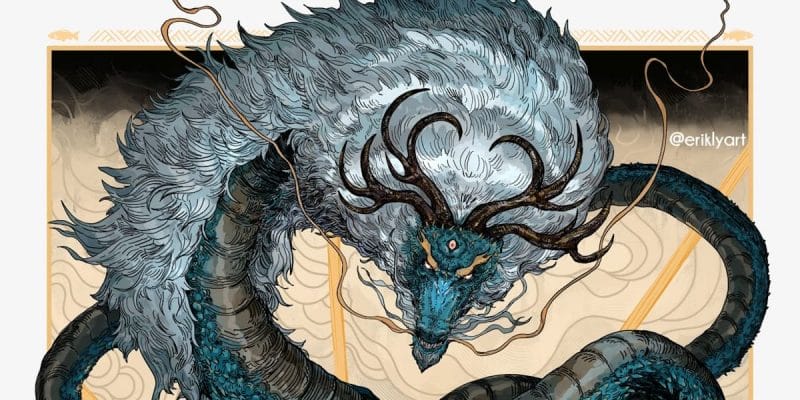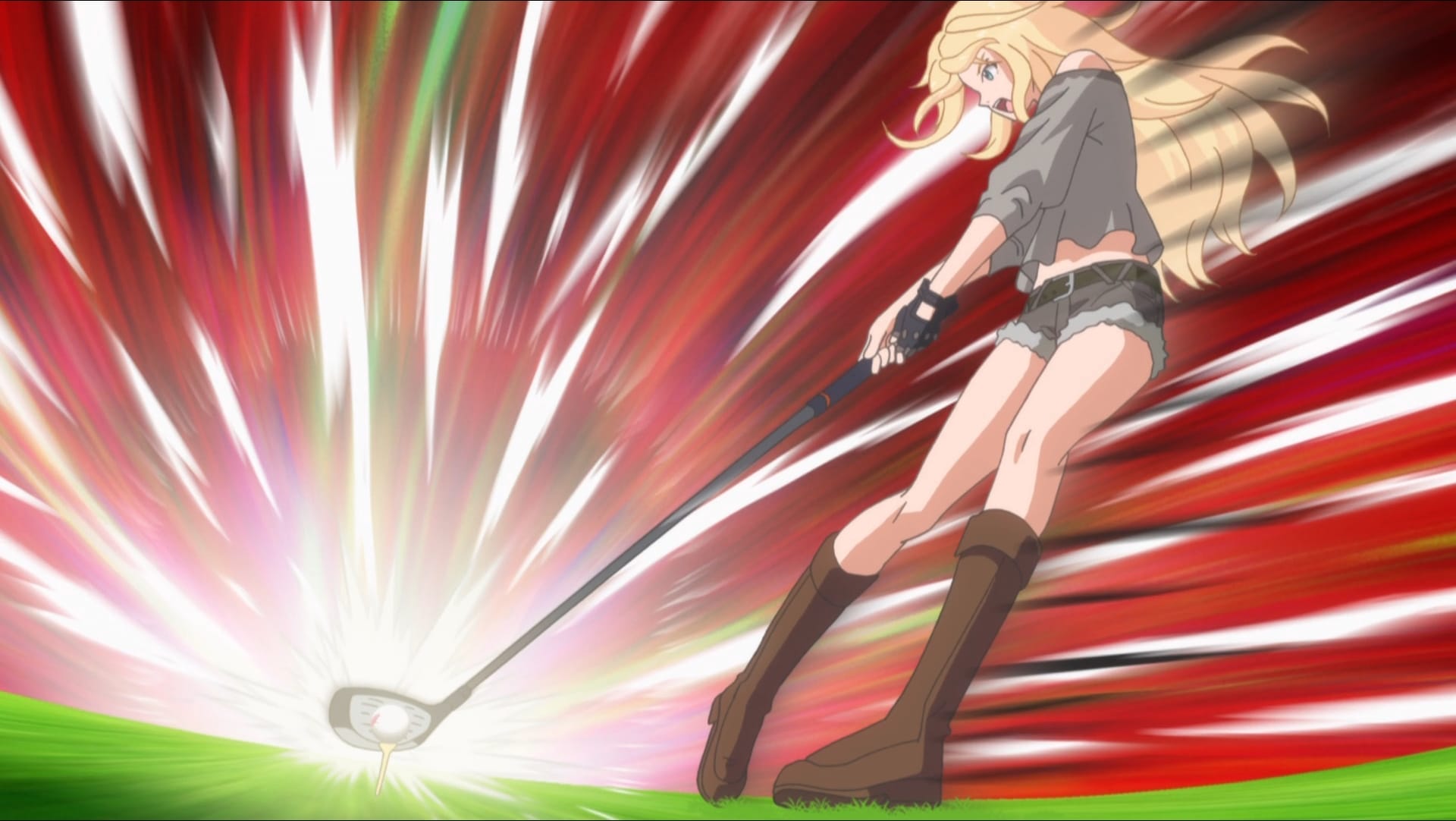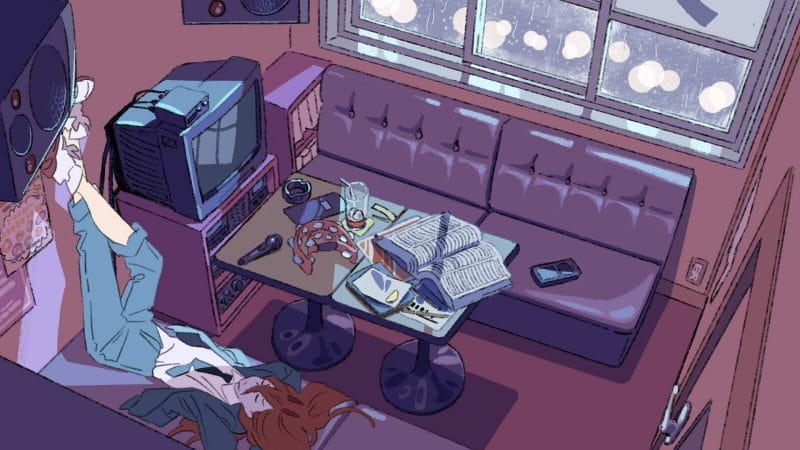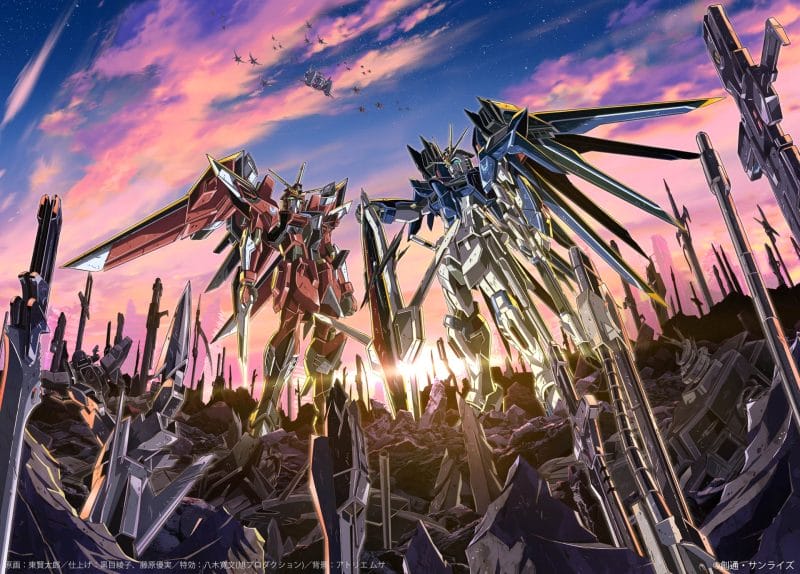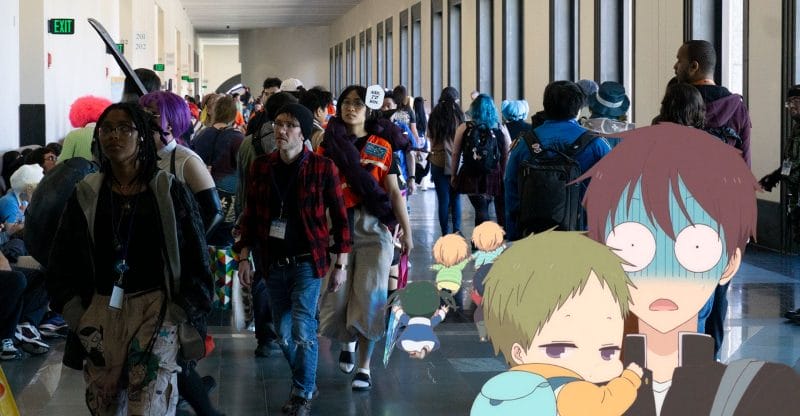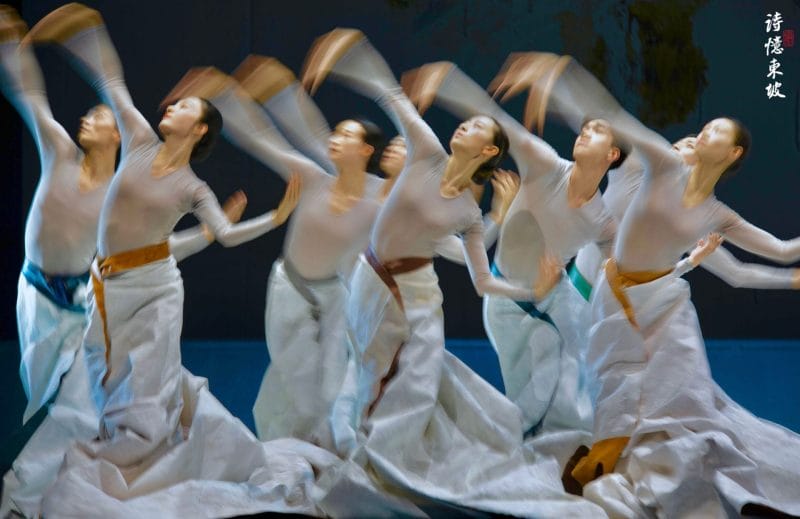Interview With Johnny Yong Bosch
Location: Anime Boston 2019
Interview Date: 4/21/2019
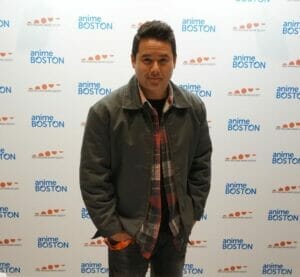 Anime Herald: As someone who’s been in the industry for plus-20 years at this point, what would you say is the biggest change to occur within the anime industry?
Anime Herald: As someone who’s been in the industry for plus-20 years at this point, what would you say is the biggest change to occur within the anime industry?
Johnny Yong Bosch: It’s changed quite a bit, Well, I feel like things have evolved, as far as like, the streaming thing kind of took over. So, [the] speed of work, it’s a lot faster. You’ve got to get through your work a lot faster.
So, I don’t know anywhere else, but at least where I am, they can’t always take the time to work with, like a new voice actor. And so. they kind of would rely on someone else. You know, that’s why it’s a small niche. It’s like, “well, we need somebody who’s going to deliver in the amount of time that we need to deliver this.” Occasionally, there’s a project that [a company] or Netflix might be like, ” we want somebody new. We don’t want to hear the same voices.” So that definitely happens.
But then, that does require more time, but they don’t always have that time. So, time.
I’ve [also] seen companies go under, you know, we’ve all seen companies go under because of people you know, downloading instead of purchasing. But that’s kind of old news, I guess. I don’t know. I’ve been doing it, like you said, for a very long time.
I think it’s just, we could spend more time back then. I just remember, I don’t know, I felt like it was a year working on Trigun, whereas there’s no way it would take that long [today]. It’d be a matter of a few weeks, and with some companies less so.
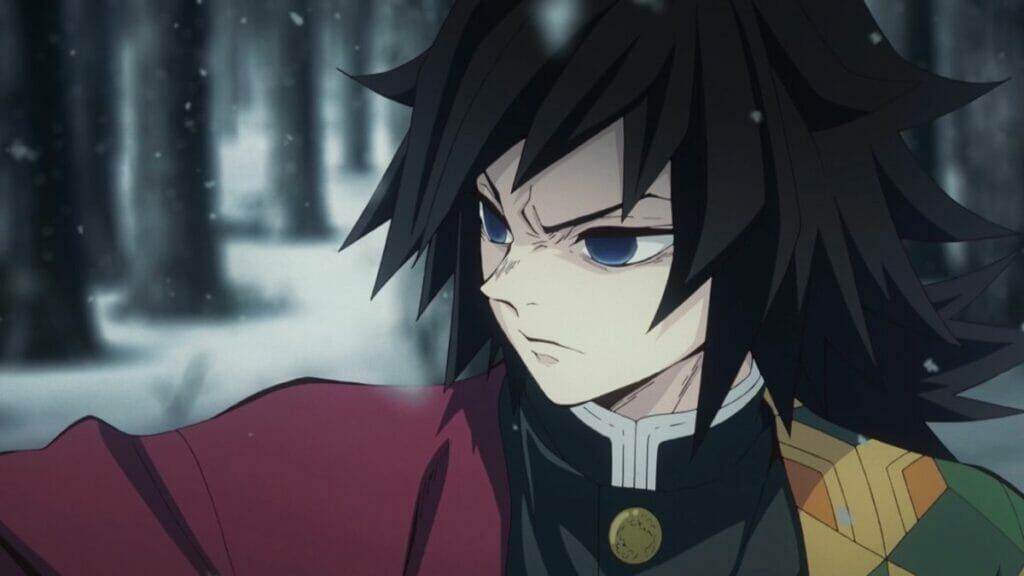
CJ Maffris (Toonami Faithful): Just kind of wondering, for you has recording on any specific [title], and you don’t have to name names or anything, been incredibly tedious? And what makes a good director when it comes to voice acting?
Johnny Yong Bosch: Well, yeah, sometimes, some shows can be tedious, and usually it is a director that doesn’t know how to direct, or is unfamiliar with the project, which doesn’t happen all the time. But it does occasionally happen where, they don’t know the project. Like, you spend so much work on researching the project so that you can come in and then go like, “I have an idea for this character.” And the new director’s like, “What? That doesn’t make any sense.” And then you just then you feel like, “yeah, you’re not getting it.”
There were a few projects that – scattered – that I’ve been on, that were like that. Where I spent like a ton of work trying to research this character so, I knew what was going on. Because I, first off, I there’s already a fanbase. If people have already seen it in, if it’s anime, Japanese, or whatever. So, I want to be able to do the English version of that so that people can get on board and be like, “Alright, cool.”
But, sometimes, you just run into that wall, where it’s like, this person doesn’t understand, first off, Japanese culture at all you know, and how we now need to bridge this gap. But now I need to translate what this director wants, and what I kind of feel like the fans are going to want from this character, and what I want to do for this character. Then you just have to somehow mold something, and then sometimes it doesn’t work out, you know?
Because, occasionally, you just have to throw up your hands and be like, “alright, well, I’m just a puppet right now.” It doesn’t happen that often, but it does happen occasionally. And usually, directors, I find, a lot of times, directors that were actors or are actors, and they become directors are great, because they speak the same language. They’ve been there, and they know exactly kind of like, they can read you a lot better, and be like, “okay, this is where I need to guide you.”
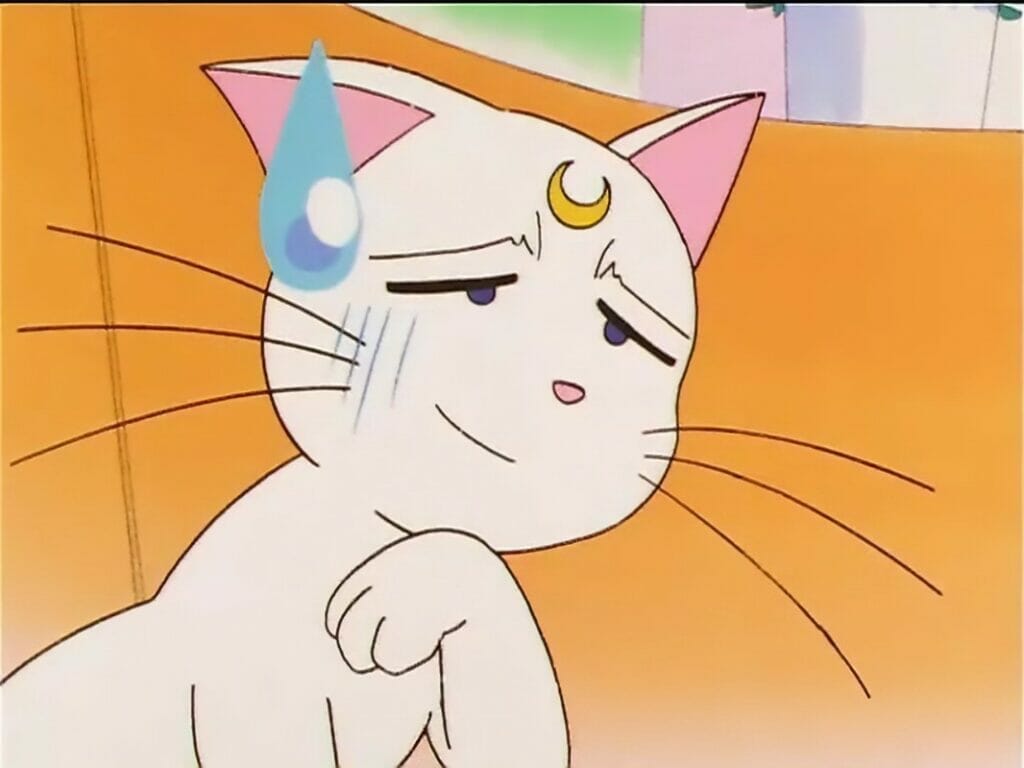
And the thing is, as an actor, you just have to trust your director, or whoever’s on the other side. Because even though I may still think this is the right choice, I don’t have the big picture, usually. We don’t get we don’t get the script ahead of time. In most cases, we don’t get the script ahead of time. Unless it’s like motion capture or something like that where you do, but yeah, and so you just have to trust [and say] “all right, well, I’m gonna say this way, because this is the way you’re guiding me, and hopefully everyone else around me is going to react the same way,” because we’re not all in the booth at the same time when it comes to anime specifically.
But yeah, I think, usually, a director that knows how to talk to the actor, knows the story well… sometimes the if the director, in many cases has written or translated, that’s also a good thing. Can sometimes be a bad thing, because then they get stuck with like, “No, no, it needs to be said this way!” And it’s like, “but that’s backwards.” But it doesn’t happen that often. But occasionally, like, once in a blue moon, you run into something like that.
But I mean, the last time something like that’s happened to me, it was it wasn’t really the director, because the director, I did know. There were two producers that had never done any kind of this work before. And they wanted control, and I remember every line that I would do, then the director eventually was just like, “listen to these guys.” And then I’d look over and then they’d be talking, they’d come in. And this is this is true story. I don’t remember the name of the game because I kind of wiped it from my memory. But every single line, they gave me a line read, right? They wouldn’t direct me, they would tell me exactly how to say it. And then I just felt like “well, why am I even here? You know, this is pointless.”
But I just felt defeated. I felt like a terrible actor. Like I just wasn’t doing it right. And so, they – I can’t remember – it was five words that I’d say, wasn’t a big long sentence. And then I did it my way. And then then I looked at the director, and he was like (gestures), and then I look at the producers and the one chimes in, and he’s like, “you know, can you make that line sound happy,” He’s like.
“Okay, sure. So I’m gonna put a smile on it or whatever.” And so I do it that way. And then I see them talking again, the other producer, then chimes in and says, “actually, can you make that sad? Can you make that sad?” I’m like, “okay, complete opposite. All right, I’ll do the complete opposite of that.” And then, before they let me work, I can see them talking again and the chime in. “Oh, you know, what, can you make that happy-sad?” The actual direction that they gave me was happy-sad. And I was like, “wait a minute, two completely opposite emotions in these five words?” And they’re like, “yeah,” and I was like, “Okay, sure.” But in my head, I’m like, “what does that mean?! I don’t even know what how does that work! (frustrated noise) I don’t know, how do you do that?”
And so, instead of doing what they wanted, I was like, You know what, I’m just gonna go back to what I did originally. And so I did what I did exactly the first time. And they’re like, “Perfect!” And I was like, “Okay, all right, whatever.” But this was this was many years ago, and now it seems like most of the people I work with are on top of it, you know?
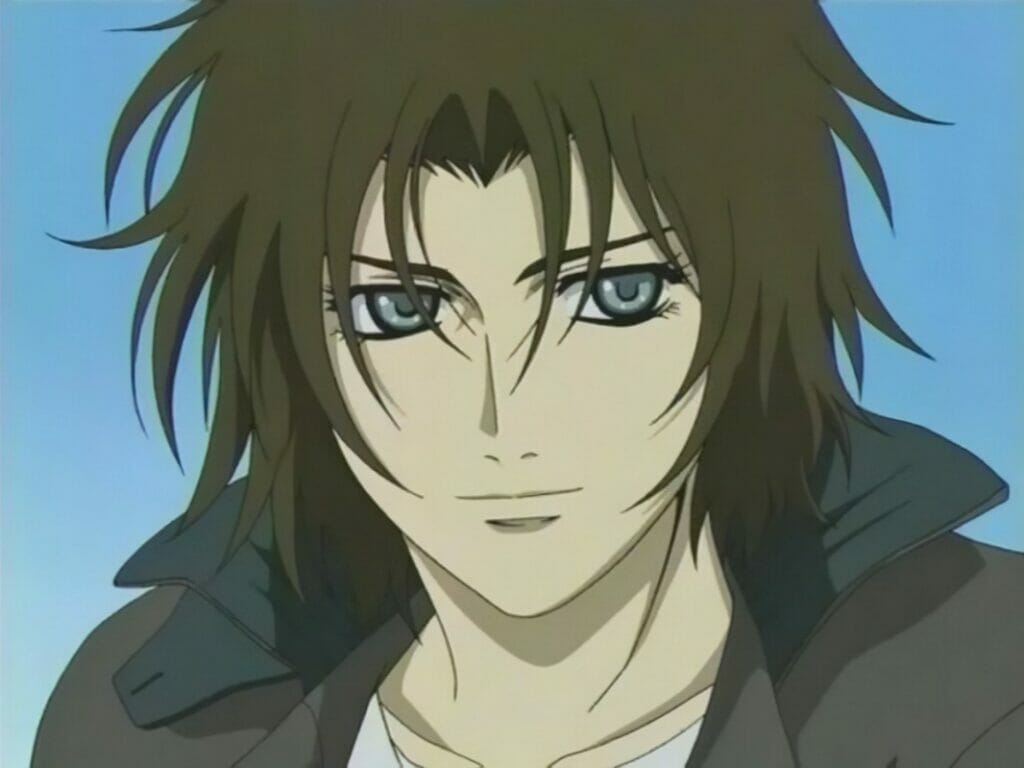
Samantha Ferreira: Following up on CJ’s question, what are your thoughts on the changing face of anime, as is it stepped out of its subculture to increase more to that mainstream pop culture status?
Johnny Yong Bosch: What do I think about it? I think it’s great! I think it’s, it’s awesome. It’s kind of like the world is changing. You know, a lot of things are coming into the light and being accepted as “like, okay, it’s not a bunch of weirdos.” They just like watching anime, you know?
And, then some people even decide then to watch anime and go, like, “oh, there’s actually good stories. There’s good shows.” I think it’s cool. I think it’s awesome.
I mean, there’s so many things that even that I’ve worked on that I’m like, “man, if only people saw that show,” you know, like Wolf’s Rain, one of the ones that I worked on many years ago, I’m like, “man, not enough people saw that one,” or Last Exile, or some of these ones that I’ve worked on. And I’m like, “man, I really liked those!” And I wish people had seen those but, you know. And then, maybe one day, people will go back and be like, “let me see some of the older stuff.”
But, yeah, I think it’s cool. I mean, it does feel weird, for me, because then it’s like, I’ve been able to be a part of some things, fortunately. And again, I’m just a regular guy! I’m just doing a job. Yesterday actually, when these NFL players came, that was like, really like, “Wait, what? You guys watch anime?” It’s pretty cool. I was like, I kind of validated our existence. “You guys won, you know, and you’re watching anime.” That’s pretty cool!

Samantha Ferreira: As someone who has worked on long-running roles, like Ichigo from Bleach and Artemis from Sailor Moon, how would you say that contrasts of work from, say, a shorter job like a one-off, one-cour, or something of that nature?
Johnny Yong Bosch: Well, they can definitely take more time with the character in a longer series. And I do find that I grow more attached to shows that I’m working on longer. I, and everything that I do, and I imagine every voice actor’s like that, you have to give a bit of yourself to that character for it to be believable. You know, you really try to relate to that character in that moment, even if it’s a bizarre world, or whatever. But I do feel like the longer you spend with that character, the more you become like that character or that character becomes you, and it’s that just that… you know, it’s like, like Ichigo. Like, I can even now I can just walk into if they were to bring it back, I could walk in and I could just instantly be Ichigo, like no problem. I mean, I could fall into that character easily. But then, it might be harder for me like, say JoJo [JoJo’s Bizarre Adventure], right? Oh JoJo is back from the dead or whatever it is.
Oh yeah, spoiler. Sorry. (laughs)
But JoJo is back you know, now you’ve gotta then… I need to go back through and figure out where we were. Or, if it’s been ten years, like Code Geass. I’m like “I’d better go double check.” I remember, I spent a lot of time on it, but I just want to make sure. And then I spend a lot of time on it, and then I find out that the movie is from a different perspective. And that’s like, “okay.” It’s not it’s not coming off of what I did before. He’s got to find himself.
So, you know, as an actor you do you do a lot of different things, I guess. I guess it depends on how much you care about the project.
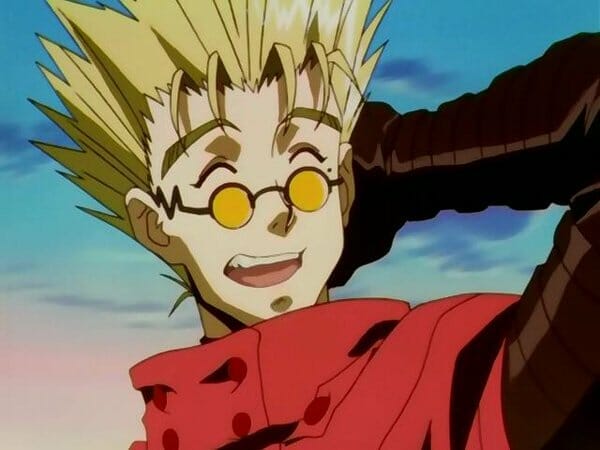
Samantha Ferreira: This is something I like to ask everyone I speak with, but what is the strangest and most interesting thing that ever happened to you while you’re in the booth?
Johnny Yong Bosch: Strangest, or most interesting (sighs) Let’s see strangest. I mean, I feel like I do have a couple stories that might kind of go to, things that have happened. But I’ll tell you this was this was I was working on Wolf’s Rain, and I’ll try to keep it quick.
This was Wolf’s Rain. So, it was like, [my] third project, maybe. It was a big project for me, because I was a lead. And I was, like, I didn’t do a whole lot of leads. I was a background Ranger back in the day. So, I was like, “this is a really important thing.” I typically try to show up a little bit early because, like I said, we don’t get scripts ahead of time. So, I’d like to cheat and try to see if I could if there… back in the day, they had paper scripts, so I could thumb through it, you know? And, so I’d go through, or whatever.
But this one day, I was running super late. And so, I skipped breakfast, so I can be there with enough time to go through [the script]. As I’m there and I’m in the booth and we start working, I could feel my stomach, like wanting to growl, right? It’s getting to that weird feeling right? And I’m like, “Oh no, there’s gonna be a growl,” but I had this bottle of water. So, I chugged some water down real quick. It shut it up, and I was like “oh, that worked, yeah.”
And so, I would keep working and then, I suddenly go “oh,” gulp down some water, you know, so every time I feel that, like, growl bubble about to happen I’d [slurp]. That’d shut it up right? And this was working for a good while you know, I’m doing the work and chugging water if I feel it. I’m fine or whatever. And I don’t know if you’ve ever been in a booth, but it’s super silent. They’ve got to keep it quiet. It’s a $3,000 microphone, $3,000, preamp and compressor, so they hear everything in there. And so, there’s one moment my stomach gives me no warning, this time.
And so, I didn’t have a chance to chug. And instead of making a growly noise like “rar rar rar,” where or I could be like, “Oh, how embarrassing, my stomach growled.” Instead, my stomach goes [high-pitched prrt! noise]. So, it sounded like I tried to let out a silent fart. But my butt cheeks were like, “nope!” It’s like [high-pitched prrt! noise], just like that.
And I could see the director and the engineer. They’re like, (gesture of confusion), like “what?!”. And I’m like, “Oh, no, man. I’m not gonna work in this town again. I’m done. This is it. That’s the end if they think I farted it in the booth!” And so I look over, and they’re like (gestures), and I was like, “It’s not a fart! I didn’t fart! It’s my stomach! My stomach made that noise!” And they were like, “Sure. Yeah. Okay, right.” “No, no, no, come in it. Just come in smell! Someone come in here and smell! It’s okay. It’s fine.” And they’re like “No no no no no!”
So anyways, they thought I farted in the booth. But luckily, they didn’t fire me. I’m still working. But I don’t think they believe me. I think they actually thought I farted in the booth.
Anime Herald would like to extend its deepest thanks to Johnny Yong Bosch and to Anime Boston for the interview.


